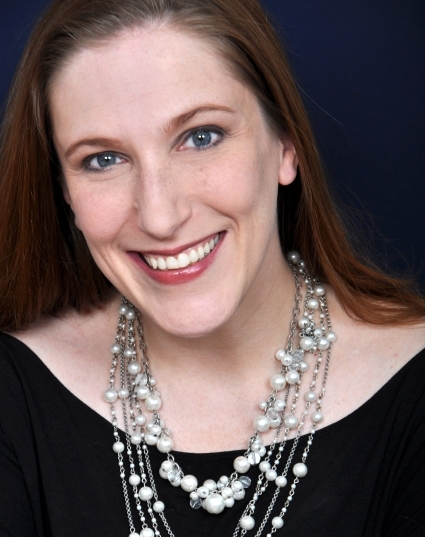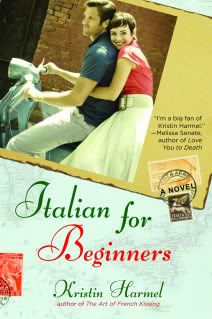 Playwright Kathryn Graf’s The Snake Can premieres this weekend in Los Angeles. The play is about three successful women and the men in their lives as they challenge themselves to find love and personal fulfillment in their middle years. It runs January 19 through February 24 at The Odyssey Theatre.
Playwright Kathryn Graf’s The Snake Can premieres this weekend in Los Angeles. The play is about three successful women and the men in their lives as they challenge themselves to find love and personal fulfillment in their middle years. It runs January 19 through February 24 at The Odyssey Theatre.
Graf’s first full-length play, Hermetically Sealed, garnered extensive critical praise and award nominations. As an actress, Graf guest-starred in dozens of television shows including ER, Courthouse, Presidio Med and in a recurring role on the soap, Passions. She began writing when she penned and performed Surviving David, a one-woman play chronicling her first year as a young widow. Her other plays include the one-acts Poor Pretty Birds and The Stiff.
Graf shares her experience and process, plus offers advice, in this Author Q&A.
Why did you write The Snake Can?
This first one is the stumper. Ha. A good question but a hard one for me because there’s no specific answer. In fact, I have little memory of the writing process, the hows the whys, with most of my work. I remember the rewrites more (there’s the grind). But the initial drive to tell a tale usually comes out of my need to chronicle an encounter or a strange communication. In this case my personal experiences with middle-age dating and being without a partner at this time of life. I find it so different from the cliches and the commonplace stories we hear of men and women coming together—issues such as sexual needs, emotional scars, what men and women really want from each other at this time of life, and the general navigation through middle age.
How did you come up with the title?
The Snake Can refers to the crazy snakes that boing out of a child’s toy can; at once wild and surprised, free and eager, and unhinged and terrified. This pretty much sums up my own feelings when I was widowed years ago. My play is about being (newly) single in middle age.
When writing something so personal, how do you decide what to and what not to include?
My story centers on three women: One single ten years (me), one widowed and raising two children (me), and one who left her loving actor husband because she felt diminished by his celebrity (sort of me). I started with my truth and then tried to pick the best and most interesting trail to follow for each woman (and man).
What was your favorite part of writing it? The greatest challenge?
Without question the greatest challenge was the rewrites. The magic of writing has been easy for me (my favorite part), the work comes afterwards. It was my good fortune that my play wound up in Steven Robman’s hands. He is a very experienced director and also, an excellent dramturg or script developer. He has challenged me for four months now, rewriting, expanding and developing neglected characters, answering the whys and hows, and, of course, cutting.
In what was has acting helped with your playwrighting and vice versa?
Perhaps I can ‘hear’ better the different voices. I rarely need actors to read my plays for development purposes. I already do that in my head. And studying the art of acting has taught me dramatic effect, conflict, motivation, all that.
I don’t yet know if playwriting has helped my acting. Perhaps it has freed me up, because I love writing better, so when I ‘act’ I really don’t care if people like me anymore. That in itself, at least for me, is pretty cool, because I always cared far too much.
Has the playwrighting changed over the years? In what way(s)?
I haven’t written long enough to know that. I don’t yet have a sense of my own growth. All the things Steven Robman is teaching me, I don’t know how I’ll incorporate them in my next play. I have almost been worried about it. Because he is so thorough, and so is the cast of The Snake Can. They consider every line or speech, and while it is helpful in the play’s development, I wonder if it will hurt me when I go back to the channeling, the free stream of consciousness I get into with the creation of a piece. I will have to leave the analytical part behind and return to a more innocent, expansive place. Then back to the questioning and the analysis, once the script is written.
What are major mistakes new playwrights make? And how can they fix them?
Boy, I wouldn’t feel qualified to answer that, other than to say that often the only mistake is not giving it a try.
Additional advice for playwrights?
See a lot of plays, read a lot of plays, read books, and don’t get too caught up in structure. That’s often what classes teach, because you can’t really teach the magic. But I think the magic, the channeling must come first, or you have something flat and contrived. Write and keep writing and let the muse find you. It takes commitment.
What do you know now that you wish you knew at the beginning of your career?
My career in the Arts started as an actress and I’m glad of that. I started writing only when my husband died and I needed instant, private expression. As for my career as a playwright, that’s just beginning, I hope. And I am too much a newbie to have many regrets.
What’s next?
I’ll finish a play I started a year ago. My hope would be to find some great actor who will develop it with me. It’s basically a one-man show, although there are two other actors in it. It’s a very challenging piece, for actor, director, designers, and no doubt for me too. But I really like it and look forward to visiting it again.










Comments are closed.
thanks for sharing, I too hope to write a play or a book one day.